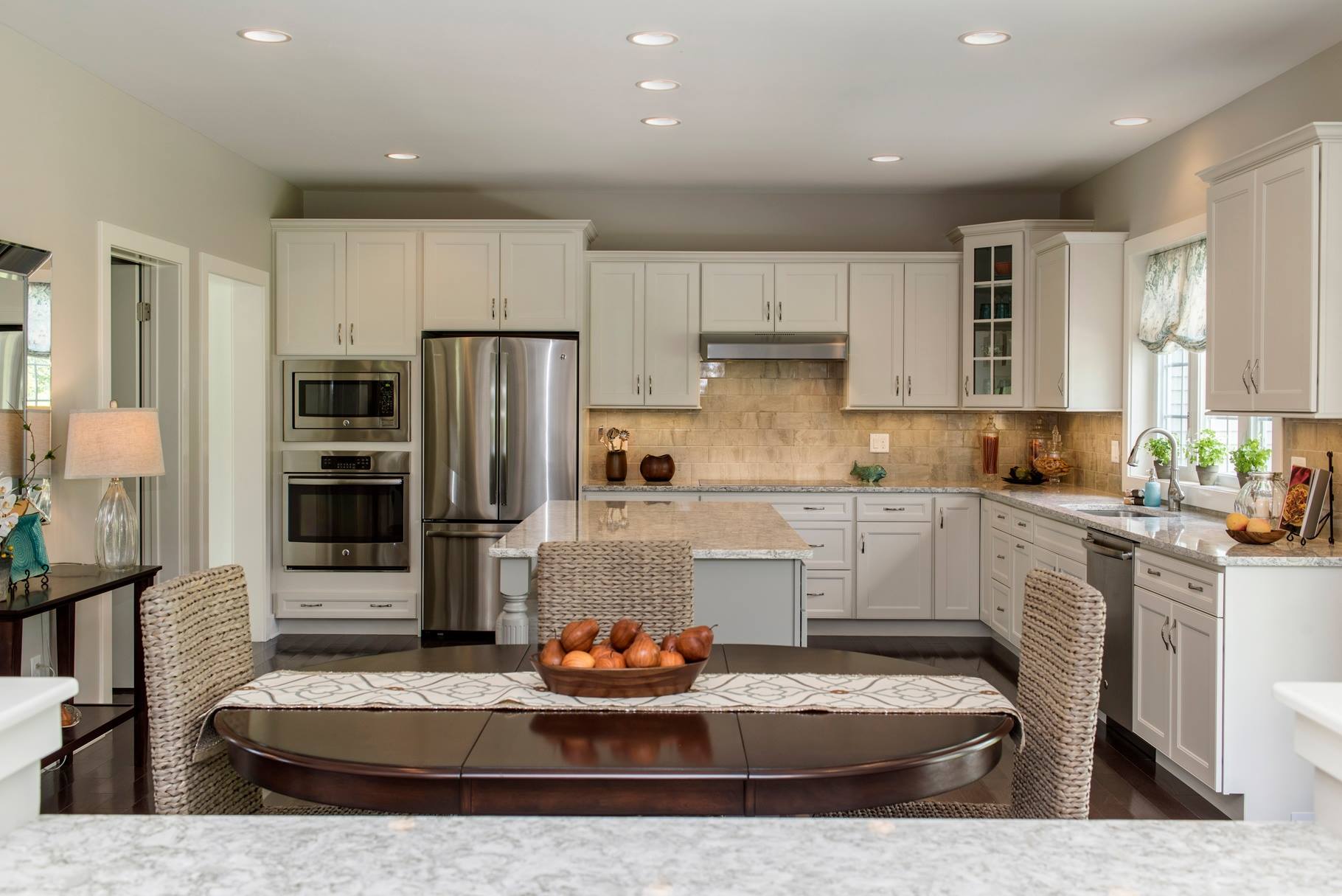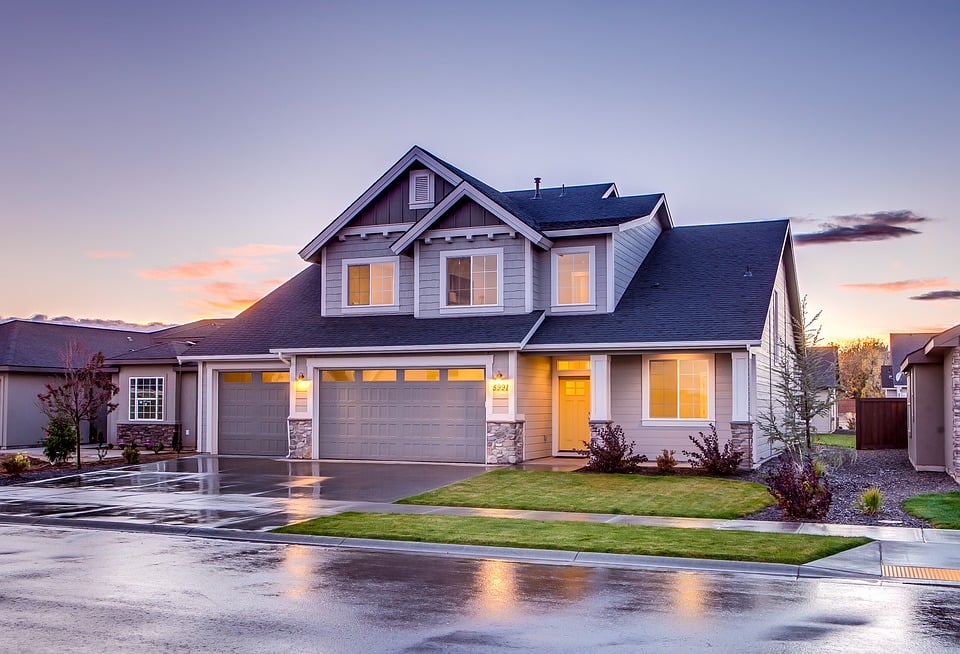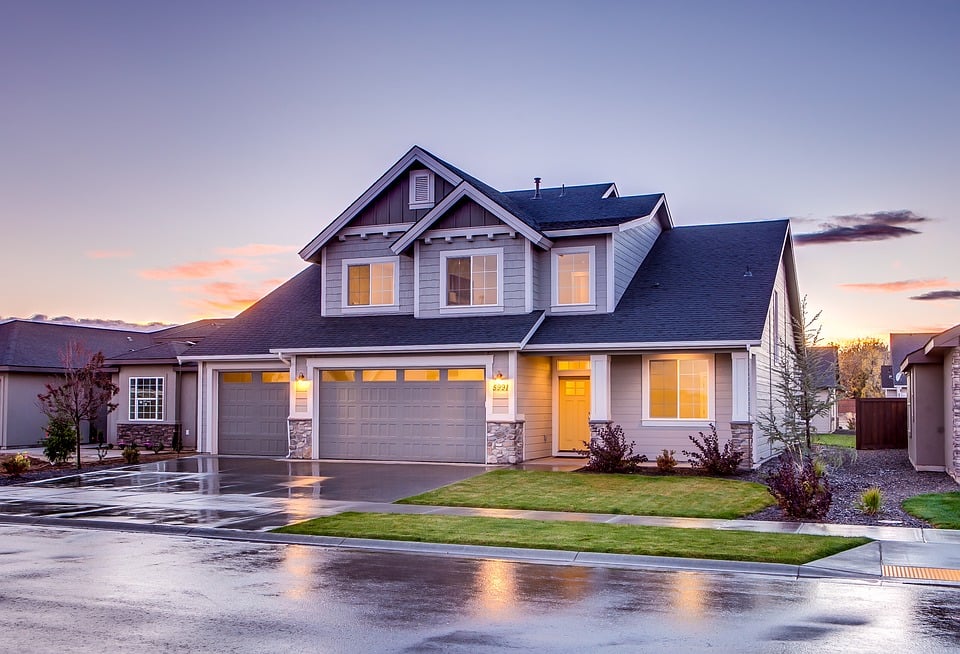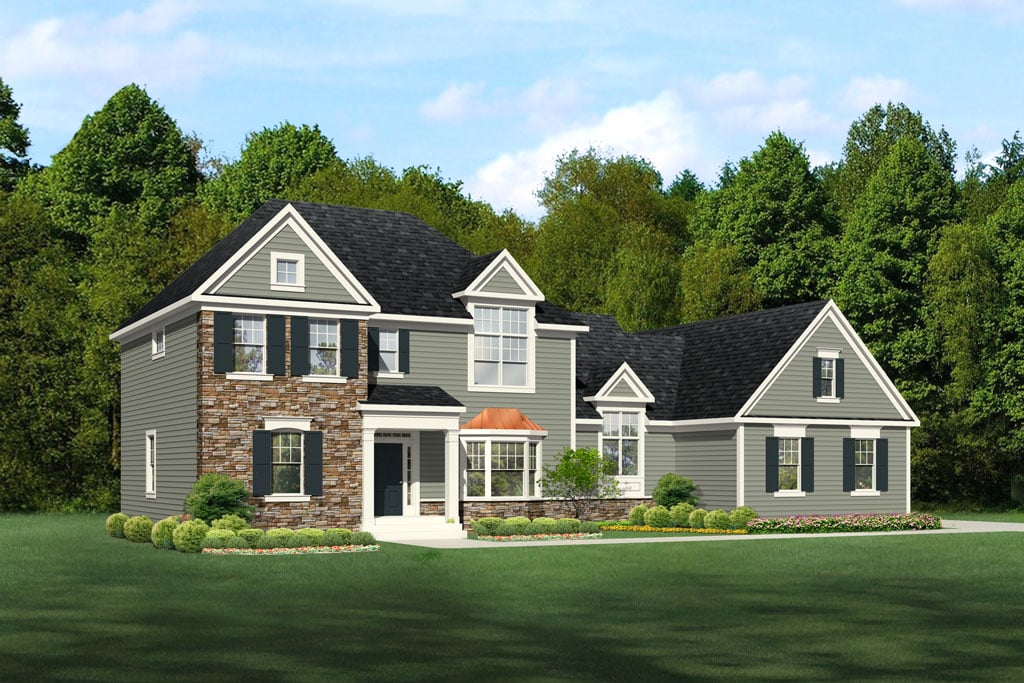Building a Custom Home: Wants vs. Needs
Sometimes, there can be a disconnect when you're trying to balance the features you want in your new custom home with the budget you've set. It can be a little challenging (and even frustrating) to decide what stays in the plan and what has to go.
Choosing what is a 'want' and what is a 'need' is one of the significant "conflicts" in building a custom home. Yet, how can you identify wants and needs before the building process begins so you can stay within your budget?
In this blog, the CT home builders at Sunwood have detailed the difference between wants and needs when building a custom home. We have also stated how you can identify wants and needs to prepare yourself better for your new home build.

Custom Home Builds: What Is The Difference Between Wants and Needs?
Building a custom home involves balancing wants and needs to stay within your budget. Needs are essential elements for comfortable living, like sufficient bedrooms for a large family or energy-efficient systems to reduce utility bills. Wants are additional features or luxury home items that enhance enjoyment but are less important, such as high-end appliances, expensive flooring, or luxury finishes.
To help differentiate between the two, you need to identify your lifestyle and what you classify as a need or want when it comes to home essentials during the building process. What you deem as new home essentials will shape the direction your new build takes. To help with deciding what should be on your home essentials list, speak with a CT home builder at Sunwood who can guide you and help you create a new home essentials checklist before they get started building.
Here's How To Determine 'Needs' and 'Wants'
It is not easy to determine what to add to your new home essentials list under the 'need' vs. 'want' column – especially if you're undertaking a custom home build with a CT home builder. To help you with this task, we've shared what you need to know below:
Start With a Realistic Budget
The first thing you'll want to do is set a realistic budget. By realistic, we mean that you're not setting your money limits artificially high (over-budgeting) or artificially low (which can result in cutting corners just to hit the budget).
This is one reason it's vital to get your financing lined up before you get too far into the planning. Knowing what kind of loan you qualify for helps you make decisions—and avoid delays when it's time to start building. Having your budget figured out early on will also help you determine which first home essentials are needed and which are wanted.
Decide What’s Most Important
How do you differentiate between "wants" and "needs"? If you have a larger family, you may need more space and more bedrooms. Those are essential things for you to be able to live comfortably. You may want 9-foot ceilings because you like the look and feel of the extra visual space, but it's not absolutely essential. If your budget can't accommodate both, you'll probably want to choose extra bedrooms over higher ceilings.
Related: Building the Most Energy Efficient Home With Ekotrope

Make Decisions Based on Your Lifestyle
Not everyone uses a home in the same way. Your plan should reflect your lifestyle. If entertaining is a big part of your lifestyle, you'll want your floor plan to accommodate that. Depending on how you entertain, you might want a bigger kitchen, a larger dining room, or even a feature pool in the backyard.
Likewise, if watching movies is a big part of your life, then you might want to focus on a great media room, or if you love to take long baths, you might want more luxurious fittings in the bathroom. Here's an article that helps you determine where to put your emphasis (and your money).
Choose Timeless Quality (and Value) Over Fads
What we want can change over time. Styles change. Popular colors vary from year to year. Even materials (flooring, cabinets, countertops) go in and out of style. So, when you choose materials or appliances for finishing your home, don't confuse cost with quality.
Just because something is high-end doesn't necessarily mean it delivers more value. You may want something because it's cool and popular. But what you need is something that will continue to meet your needs and provide comfort and convenience—for the long haul.
If you start with the essentials—the things that reflect your lifestyle and make living at home easier and more enjoyable—you'll be ahead of the game. Then, if your budget allows it, you can work on those "extra" things that will add even more spice to your life.
Consider Smart Home Technology
Integrating various smart home technologies into your custom home is no longer a luxury but a practical necessity. Gone are the days when you could forgo smart home technologies because they weren't necessary. Nowadays, there are numerous smart home essentials that you must install when building a new home.
Essentials like smart thermostats, lighting systems, and security features can significantly enhance your living experience by offering convenience, energy efficiency, reduced energy bills, and peace of mind. These systems can also be programmed to suit your lifestyle, making daily routines far easier. So, while these features might seem like a 'want,' they can translate into long-term savings and increased home value, making them a 'need.'
If You Don’t Need It Does That Mean You Can’t Have It?
Just because you don't need a particular feature doesn't mean you must give it up. It's simply a matter of priorities. Many homeowners use a simple method to separate home features into three categories: 1) MUST-HAVE features, 2) NICE-TO-HAVE features, and 3) IF MONEY IS NO OBJECT features. It's a simple way to ensure that you don't overlook essentials while ensuring your wants are also considered.

What If You Don’t Need It Right Now (But Might Later)?
Part of creating a plan for your home involves anticipating future needs. For example, you only need three bedrooms right now. But what if you're planning to work from home in the future? It's a lot cheaper to build that fourth room now than it will be to add it later. You don't have to finish it now entirely with interior design and furniture. Constructing it now, however, will save you money later.
Choosing your floor plan with the future in mind is also essential. Maybe stairs are not a big issue at the moment, but what about later when you are older? Having your master bedroom on the main level can make it easier for you to age in place later. That's important if you plan to stay in your home for a longer time. You might also want to choose a floor plan that allows you to grow a family in the future. These are all considerations you must remember before building begins.
Speak With Sunwood Today To Discuss Your Custom Home Needs and Wants
In recent years, the line between home needs and wants has blurred, so it's crucial to use a new home essentials checklist to clearly decide what is a 'need' and a 'want.' You can also use the information we provided to help you narrow down which home items belong in which category.
However, if you would like some help deciding which essentials are needs vs wants, you can speak to new home builders, Sunwood. We have years of experience helping clients identify their custom home needs and wants. Contact us here and let us help you.







